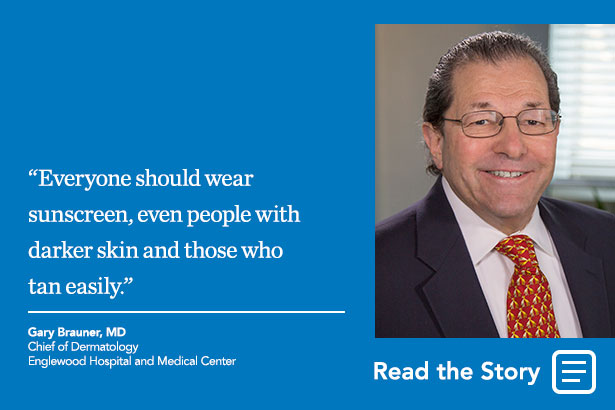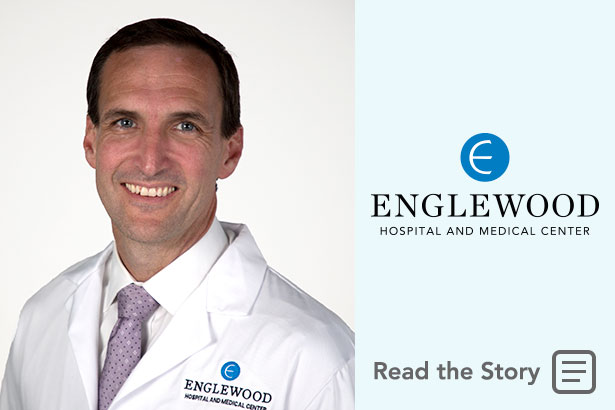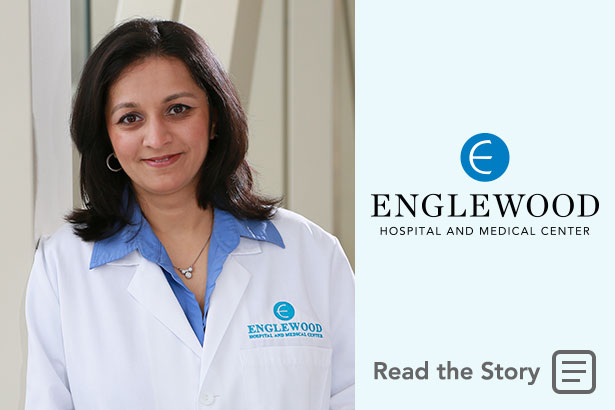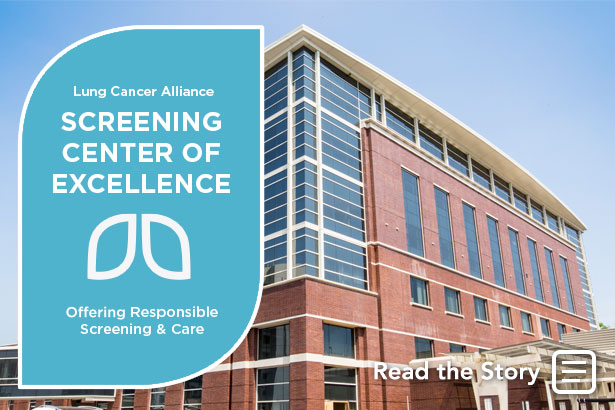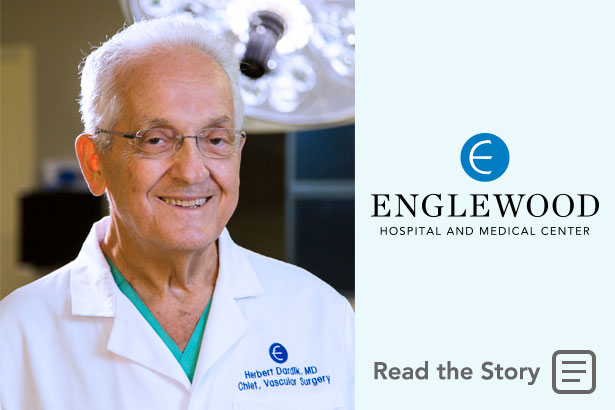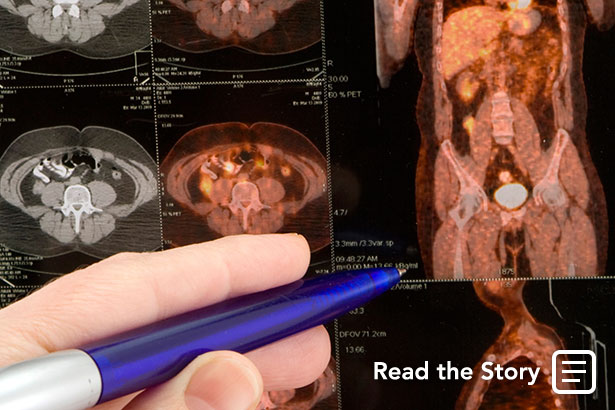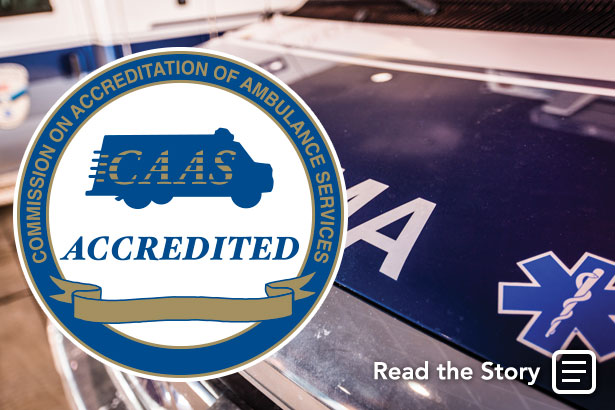As a new mom, you want to make sure your baby is off to a great start — and we do, too. That’s why we are committed to educating parents about the benefits of breastfeeding and encourage all mothers to prepare in advance with the goal of exclusively breastfeeding your baby during your hospital stay. The evidence is clear that breast milk is best, and most healthy newborns require only breast milk for the first six months of life.
The Family Birth Place at Englewood Health offers a warm and nurturing team of specialists who will support you and work closely with you before and after you give birth.
Benefits of Breastfeeding
- Breast milk is rich in nutrients and antibodies to protect your baby.
- It changes to fit your growing baby’s needs.
- Research shows breastfed babies have a lower risk of developing asthma, obesity, type 1 and type 2 diabetes, lower respiratory infections, childhood leukemia, and more.
- For mothers, research has shown that breastfeeding can lower the risk of type 2 diabetes and breast and ovarian cancers.
Before Your Baby’s Birth
- Don’t wait until you are in the hospital to begin thinking about breastfeeding. The best time to begin preparing is during your pregnancy.
- Learn all you can about breastfeeding. Englewood Hospital and Medical Center offers a prenatal breastfeeding class. Visit www.englewoodhealht.org/maternity to learn more and sign up. You should also read trusted books and websites and talk with other moms who have breastfed their babies.
- Get the support of your partner, family members, and friends. Invite them to attend a breastfeeding class with you.
- Tell your doctor about your plan to exclusively breastfeed you baby during your hospital stay.
- Check with your insurance company. Many health plans now cover breastfeeding support and supplies. Your insurance carrier can provide more information about what is covered under your plan. Hospital-grade electric breast pumps are available in the hospital if needed and can be rented from the gift shop when you leave.
- When you go to the hospital, tell your nurses and doctors that you want to breastfeed as soon as possible after your baby is born.
During Your Hospital Stay
Every member of the Englewood Hospital and Medial Center postpartum team is your ally and will work with you to support your breastfeeding goals. The nursing staff are all specially trained and educated to assist patients with breastfeeding. In addition, certified lactation consultants will be able to provide additional education and support as needed.
Skin-to-skin contact: Within an hour of giving birth, or as soon as possible after delivery, you’ll want to hold you baby “skin to skin.” This means your baby will be dried, placed on your chest against your skin, and both of you will be covered with a warm blanket. This will let your baby latch onto your breast on his or her own, getting your breastfeeding experience off to a good start, and will help stimulate milk production. Your support person may be able to do skin to skin if mom is not available to do so.
Skin-to-skin contact will also help normalize your baby’s breathing and heart rate, keep your baby warm, reduce crying, and increase your baby’s comfort, alertness, and interest in feeding. For both you and your baby, you’ll likely experience a strong feeling of closeness and protectiveness.
Even after the first few hours, continue to place your baby skin-to-skin often during your stay to experience these benefits for you and your baby.
Getting started with feeding: The first milk, colostrum, is the perfect food for your newborn, and is present in just the right amount. You will be encouraged to breastfeed when your baby is showing hunger cues. Healthy full term babies do not need bottles of water or formula unless there is a medical reason.
Rooming in and practicing togetherness: Staying close to your newborn as much as possible will help you gain more confidence in caring for him or her. You and your baby will have the same nurse, who will assist you with breastfeeding together. With our nurse’s help, you will learn your baby’s behavior and hunger cues and be better prepared to take your baby home.
And the research shows that babies cry less and mothers sleep better with your baby in your room.
After You Go Home
No matter how you feed your baby, life with a newborn can be challenging. For the first few weeks, most babies do not eat and sleep on a regular schedule. The following tips can help you continue breastfeeding when you return home.
- You and your baby need to recover. Plan to spend a lot of time resting, holding your baby skin-to-skin, and breastfeeding.
- Refer to the booklet A Mother’s Guide to Breastfeeding, which will be provided during your hospital stay for additional information regarding feeding your baby in your first weeks at home.
- If you have breastfeeding concerns or question that are not urgent, call our breastfeeding line, 201-894-3354, and a lactation consultant will retur your call within 24 hours.
- If you need additional support, refer to the list of breastfeeding community resources provided to you during your stay.
Posted July 14, 2017


